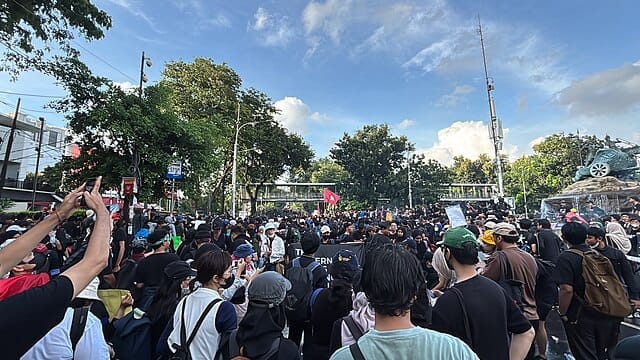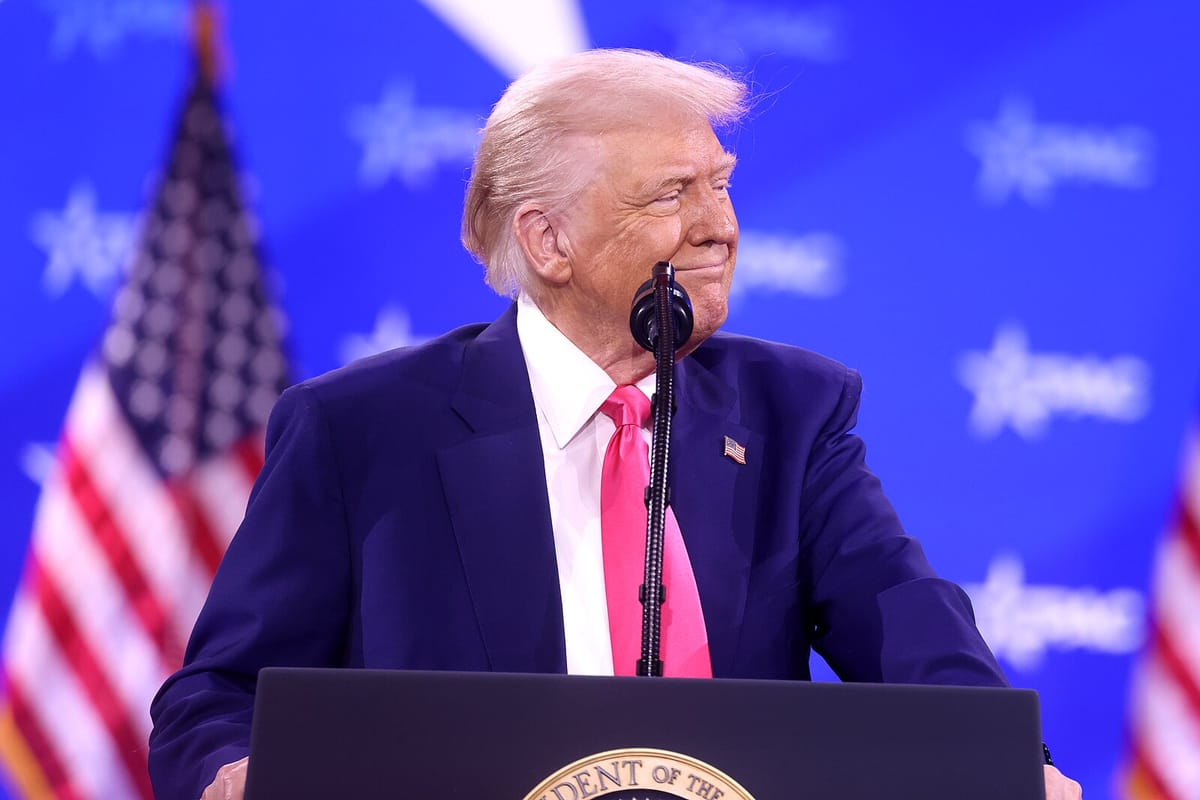Indonesia’s Protests: Root Causes, Economic Grievances, and Political Unrest Spread Across Key Cities
Indonesia’s 2025 protests sparked by police killing in Jakarta reveal deep-rooted economic inequality, political distrust, and demands for reform. Demonstrations spread nationwide amid anger over lawmakers’ perks and government austerity, testing President Prabowo’s leadership.

In August 2025, Indonesia has witnessed widespread protests and riots erupting in Jakarta and major cities including Surabaya, Yogyakarta, Medan, Makassar, Bandung, and even as far as the eastern Papua region. The immediate trigger was the tragic death of a 21-year-old motorcycle taxi driver in Jakarta, who was fatally struck by a police armored vehicle during a crackdown on protests. This incident ignited deep public outrage, but it was the culmination of broader socio-political and economic grievances that fueled the unrest across the archipelago.
At the heart of the protests lies mounting frustration over economic inequality and perceived government excess. Indonesians voiced sharp criticisms of parliamentarians’ controversial new monthly housing allowance—worth roughly 50 million rupiah (around US$3,000)—set against a backdrop where the average worker struggles with rising inflation and unemployment rates, the highest in Southeast Asia as of 2025. Many Indonesians regarded this as blatant insensitivity and a symbol of political detachment from ordinary citizens’ hardships.
In addition to economic concerns, demonstrators demanded sweeping reforms including the repeal of Presidential Instruction Number 1 of 2025, which enacted significant budget cuts affecting public welfare programs. Protesters called for transparent governance, accountability for corruption, genuine agrarian reforms, improvements in education, and police reform amid rising concerns about excessive use of force and abuse of power within security forces.
Students, civil society groups, and ride-share drivers were at the forefront, with protests initially peaceful but increasingly confrontational as police deployed tear gas, water cannons, and riot teams to curb escalation. Instances of vandalism, arson, and clashes between police and protesters were reported. One notable protest included setting a five-story building on fire near the police compound, with frantic rescue efforts by some demonstrators to save trapped residents. The protests spread rapidly from Jakarta to provincial capitals, reflecting a nation-wide wave of dissatisfaction and urgency for change.
The geographical spread of the unrest highlighted systemic issues that resonate across Indonesia’s diverse socio-economic landscape. Economic disparities between urban-rich and rural-poor areas, struggles over resource management and land rights, and persistent corruption scandals have eroded public trust in institutions. The heavy-handed police response further intensified calls for reform and sparked solidarity demonstrations in cities from East Java to Papua.
President Prabowo Subianto met a critical challenge as the unrest represented his first major test since taking office. Acknowledging police misconduct, the government pledged impartial investigations and urged calm dialogue. Officials faced the difficult task of balancing public demands for accountability with maintaining order amid escalating tensions.
The 2025 unrest echoes a series of pro-democracy and anti-corruption movements in Indonesia’s recent history; notably, it draws parallels to the May 1998 riots that preceded significant political transformations. The current protests underscore enduring demands for social justice, economic opportunity, and responsive governance in a rapidly developing but still unequal society.
As Indonesia navigates this volatile period, the resolution of these protests will largely depend on effective engagement between the government, security forces, and civil society to restore trust, reinforce democratic norms, and deliver inclusive socio-economic reforms that address the root causes of public discontent.



